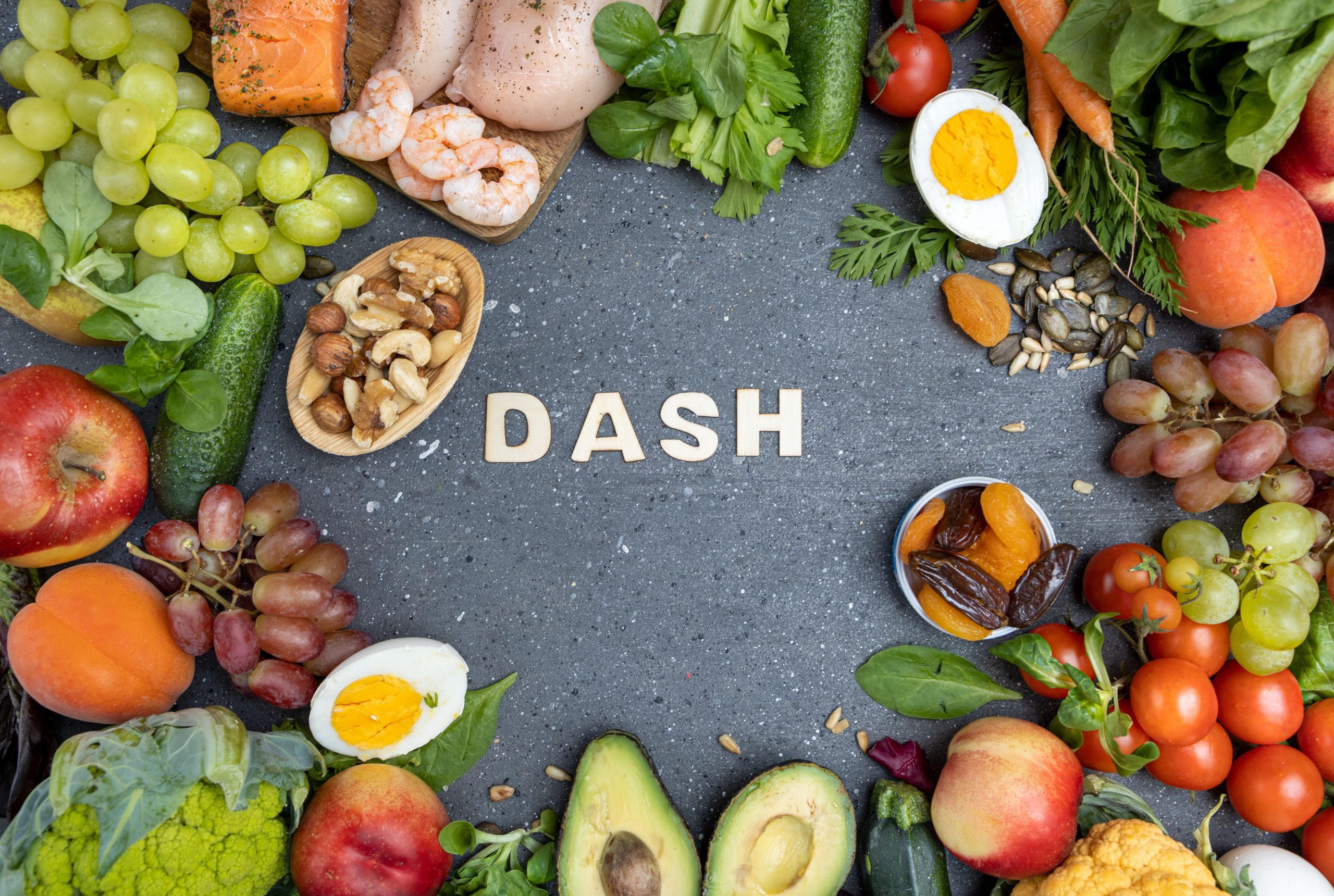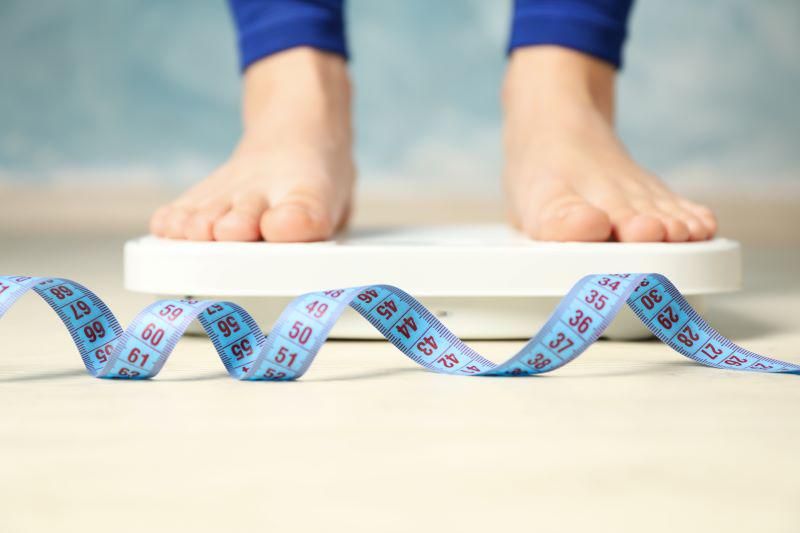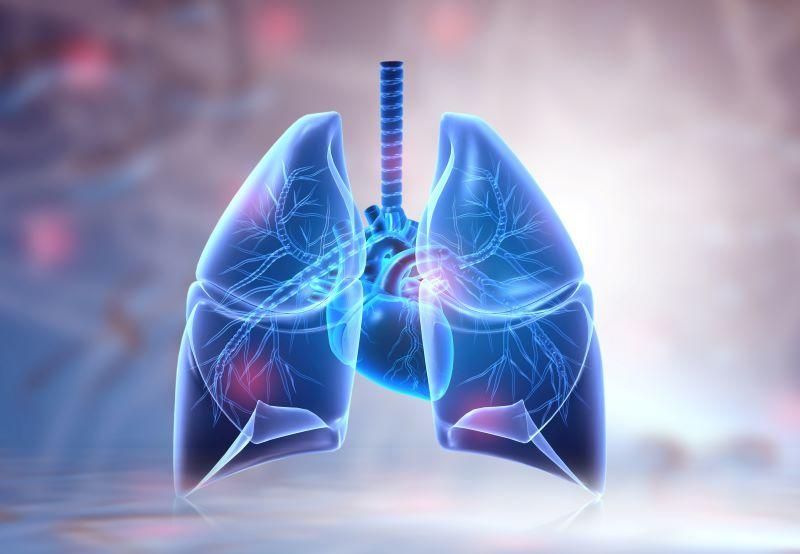
It’s no secret: The standard American diet is at the root of the obesity epidemic and many of its associated diseases. But why is American food so unhealthy? It’s not just that Americans eat too much, which they do, but it’s also what they eat that’s unhealthy: fat, sugar, salt and ultra-processed foods. According to… read on > read on >






























